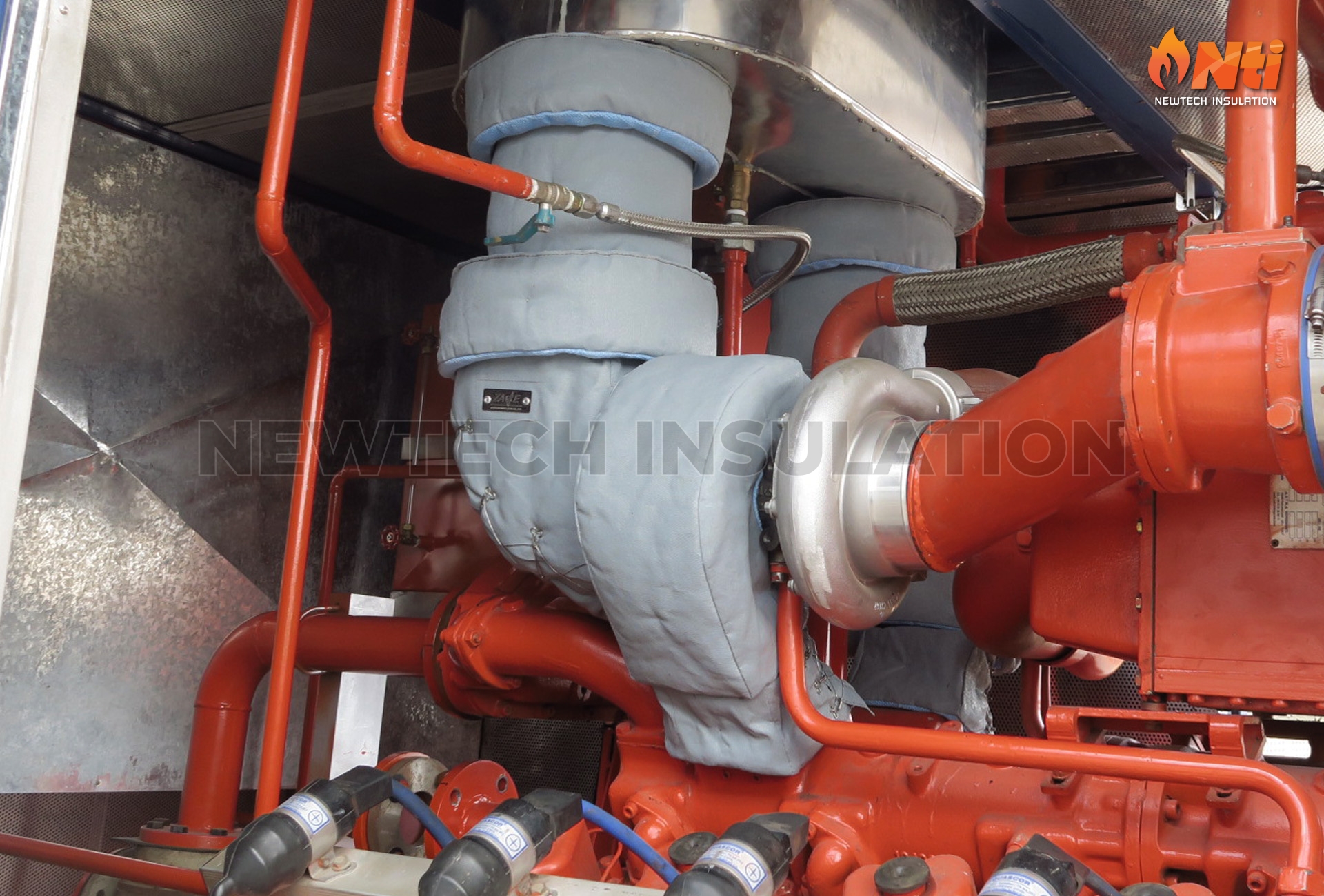
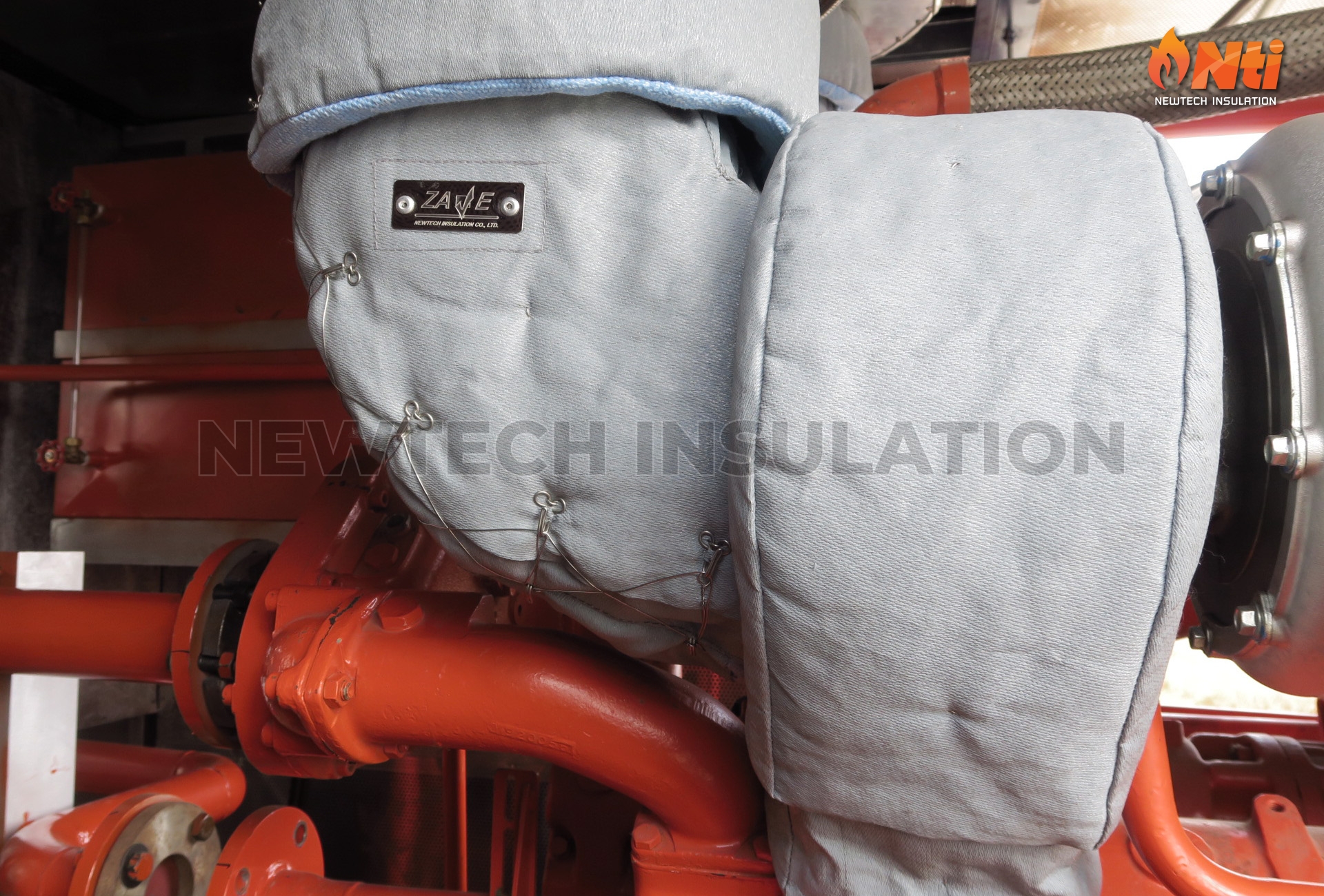
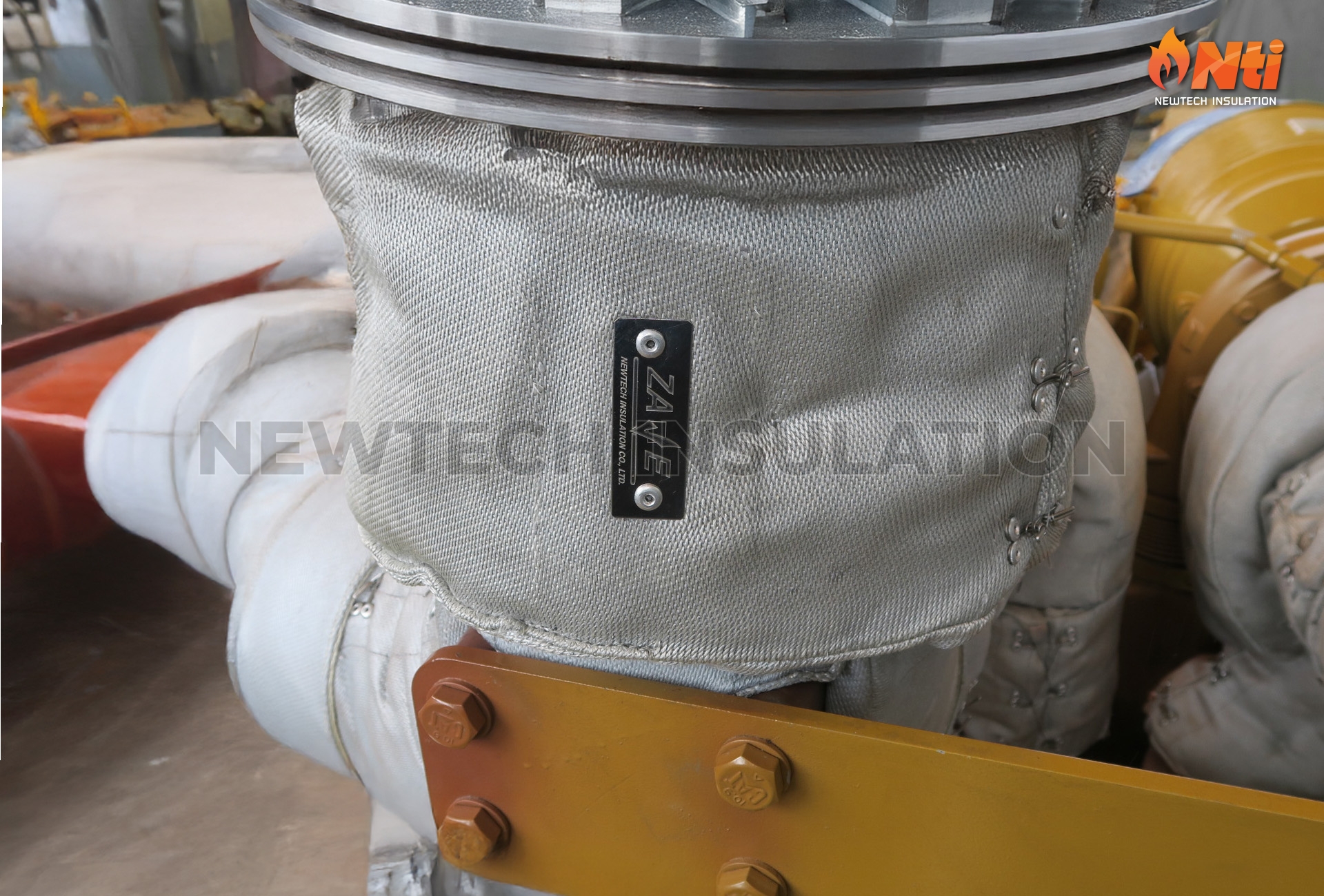
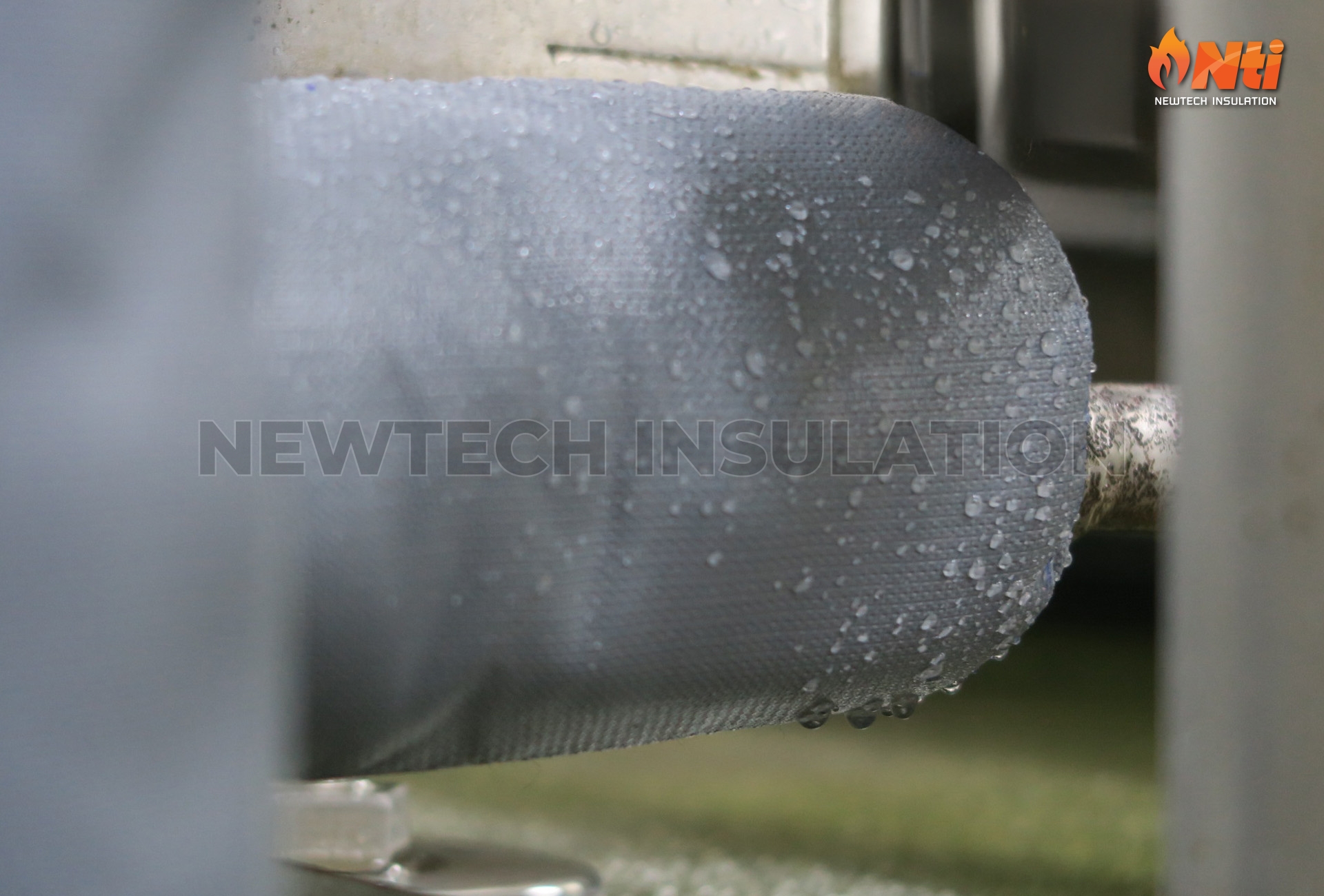
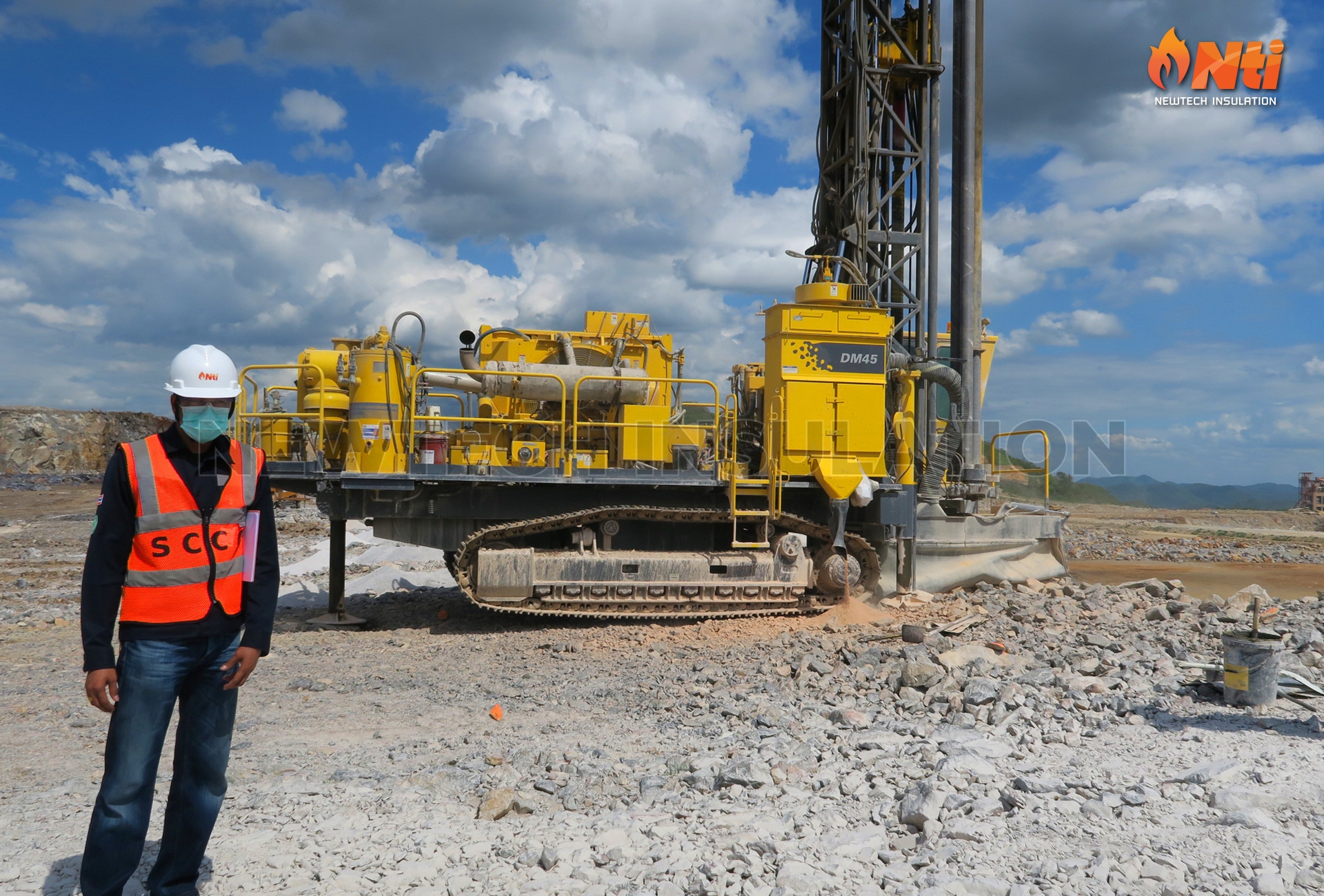







Any unauthorized copying, reproduction, modification, or distribution of any part of this content is strictly prohibited without written permission from Newtech Insulation Company Limited. Any violation will be prosecuted to the fullest extent of the law.
Understanding the critical aspects of choosing thermal insulation for industrial applications helps save costs and time in project implementation, enabling one-time investment within allocated budgets. Let’s examine the key parameters of industrial thermal insulation:
The appropriate insulation thickness isn’t determined by what vendors have or want to sell, but rather by what solves our problems within our budget. We can ask insulation experts to calculate the appropriate thickness based on our requirements. This calculation considers the insulation’s thermal conductivity, the surface temperature of equipment requiring insulation, and the room or ambient temperature to help determine the optimal insulation thickness.
Good thermal insulation must effectively reduce heat radiation or heat transfer without requiring excessive thickness. This thermal efficiency can be explained or understood as a percentage using the following equation:
Thermal Efficiency = Qwithout insulation – Qwith insulation x 100
Qwithout insulation
While price is a crucial factor in choosing insulation, most people focus solely on cost without considering value or service life. For example, comparing insulation costing 100,000 Baht that needs replacement every 3 years versus insulation costing 200,000 Baht with a 10-year lifespan – when we consider service life alongside insulation costs, we can determine which option provides better value. Factors contributing to longer insulation life and durability include: